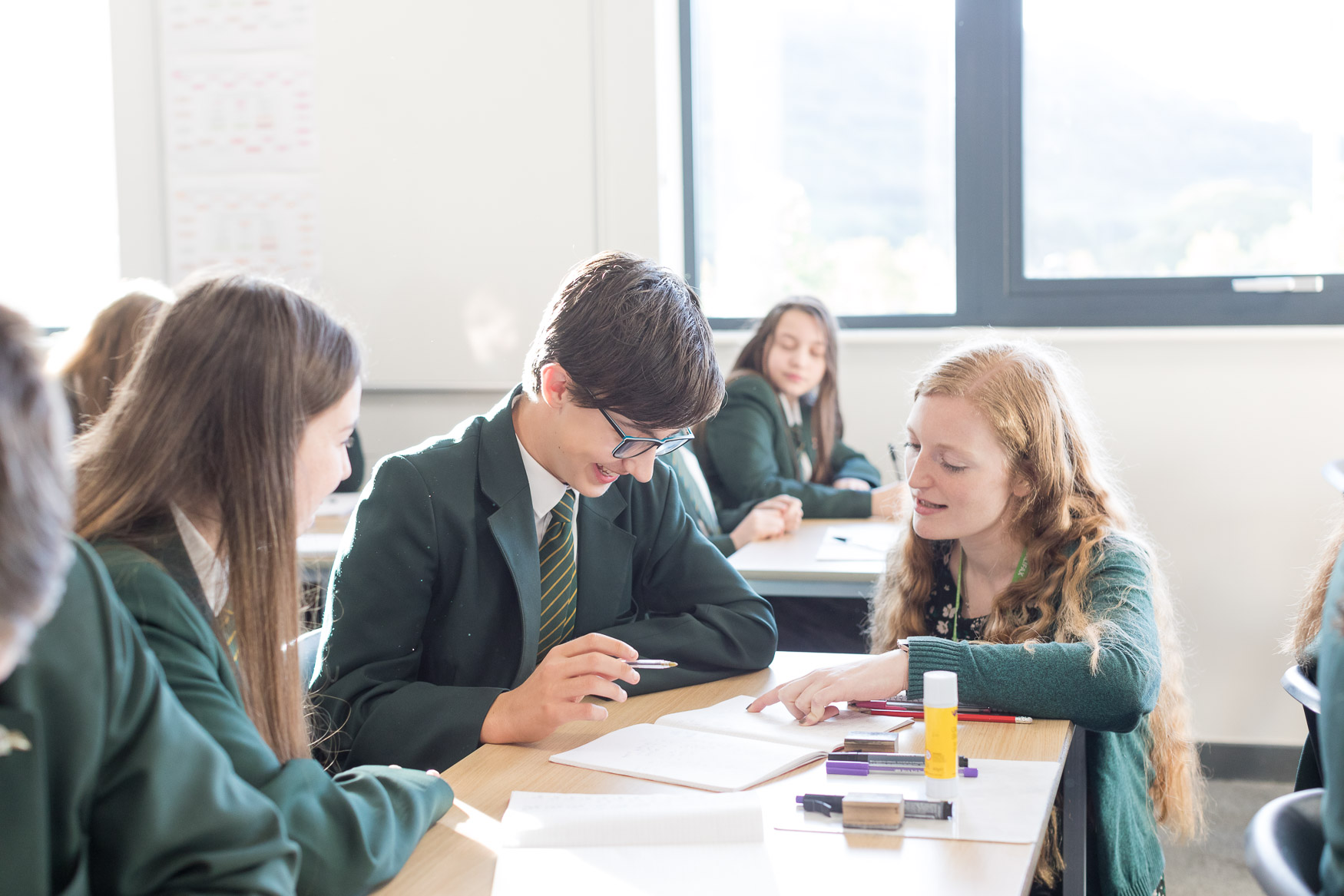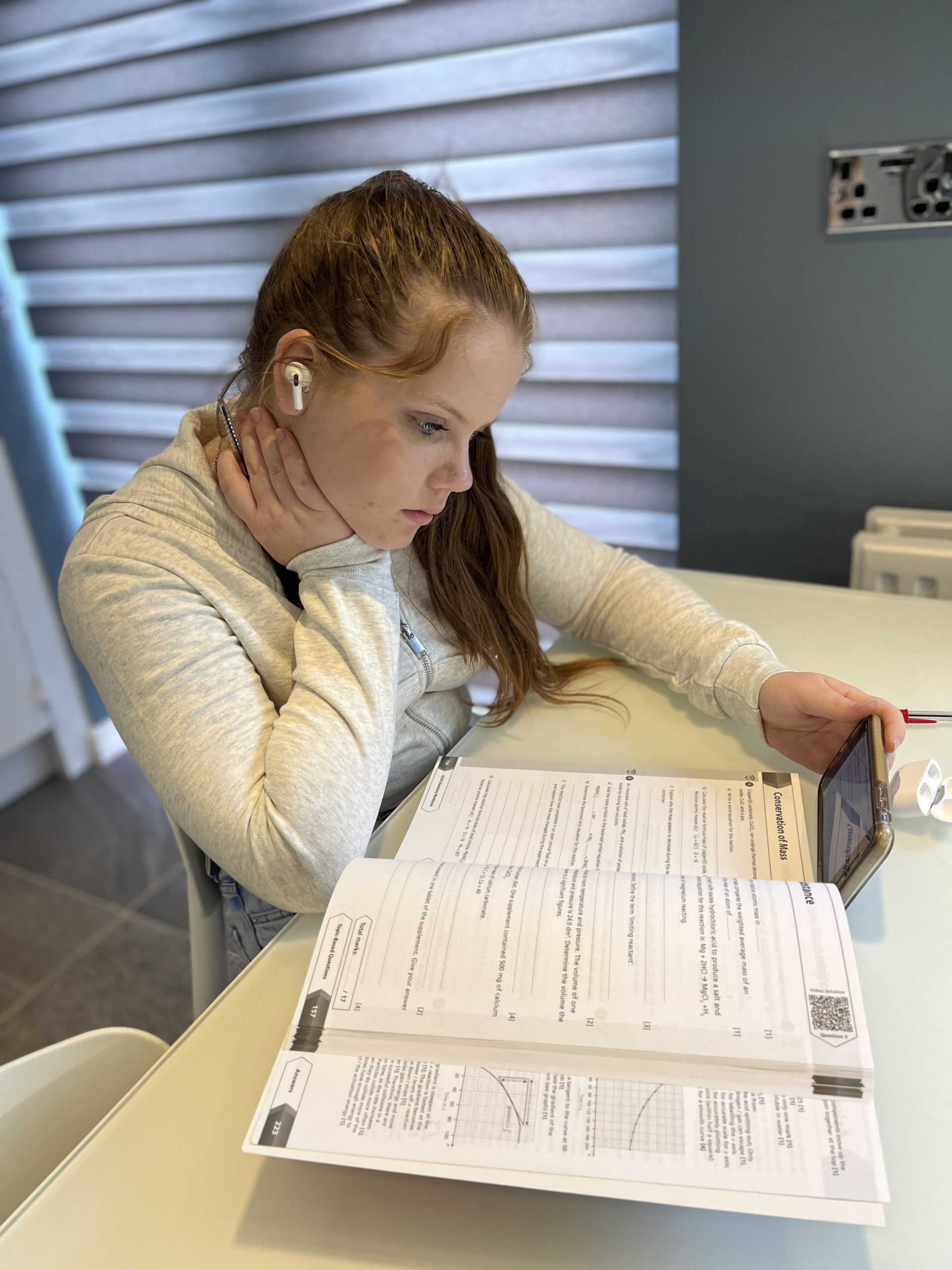
Getting comfortable with unseen poetry
Of all the different forms of writing that we study in English, poetry often seems to be the one with which students feel the least comfortable. The fact that it simply doesn’t look like prose creates an instant barrier. It’s unsurprising then that young people find the requirement to explore… Read More








